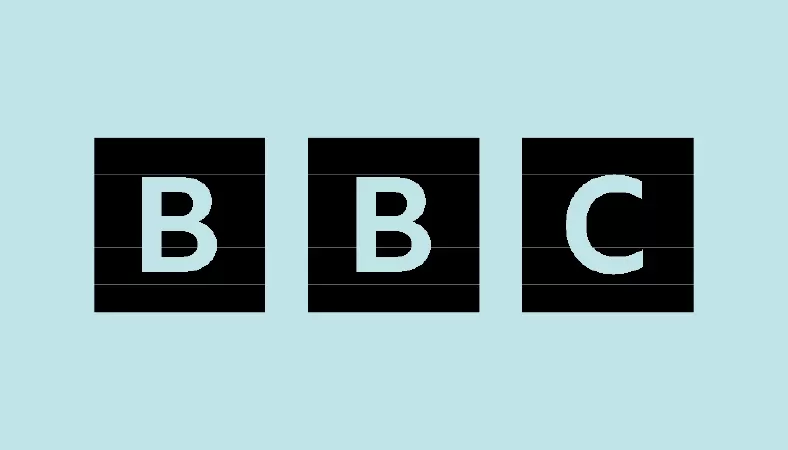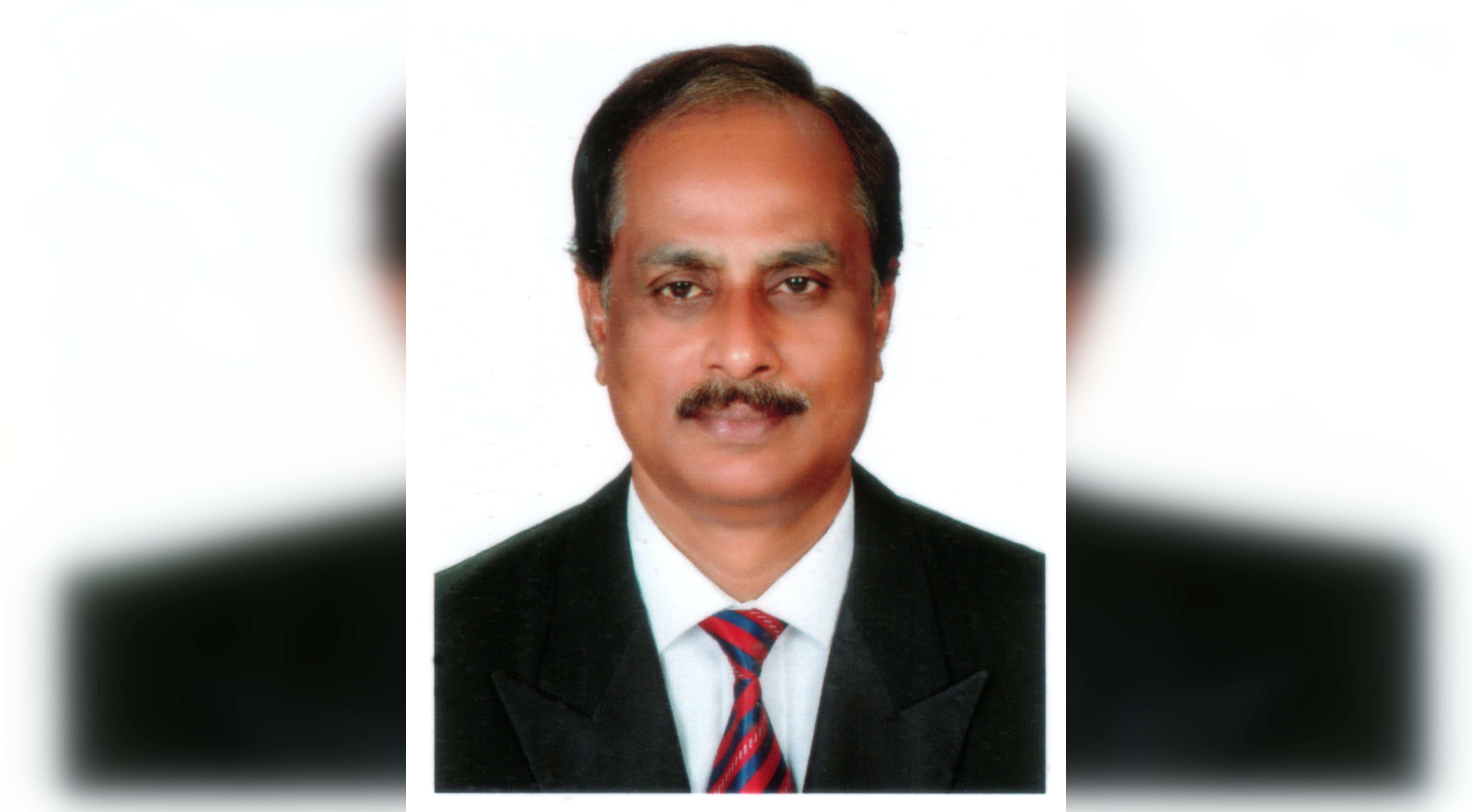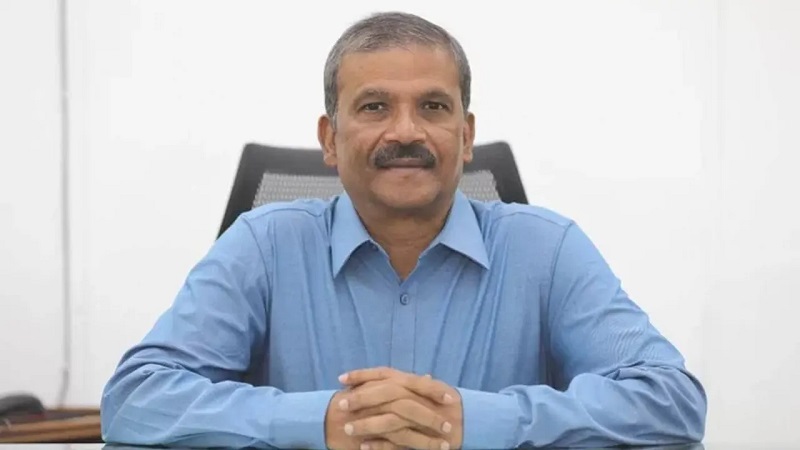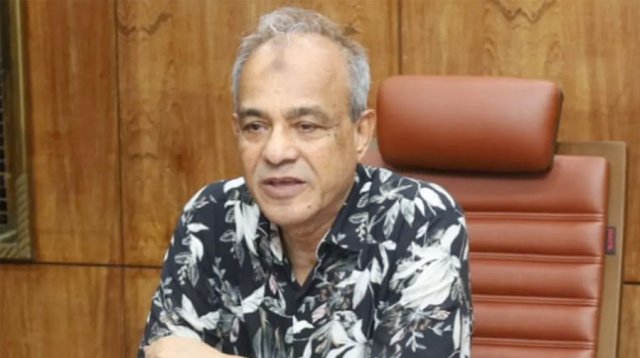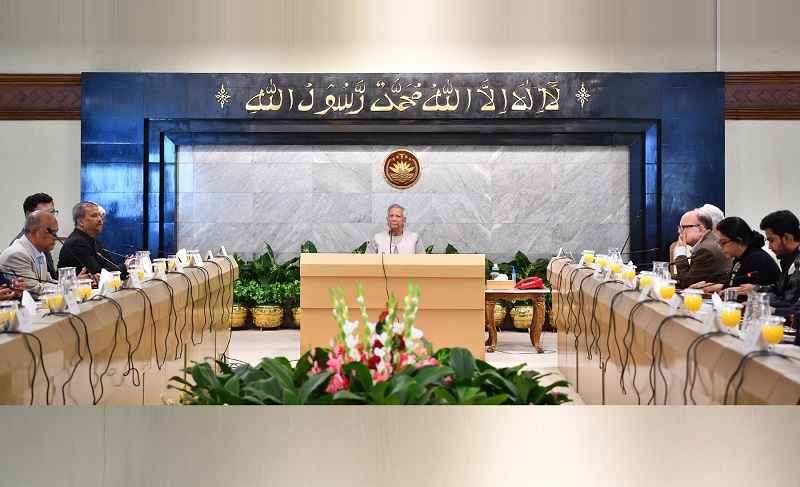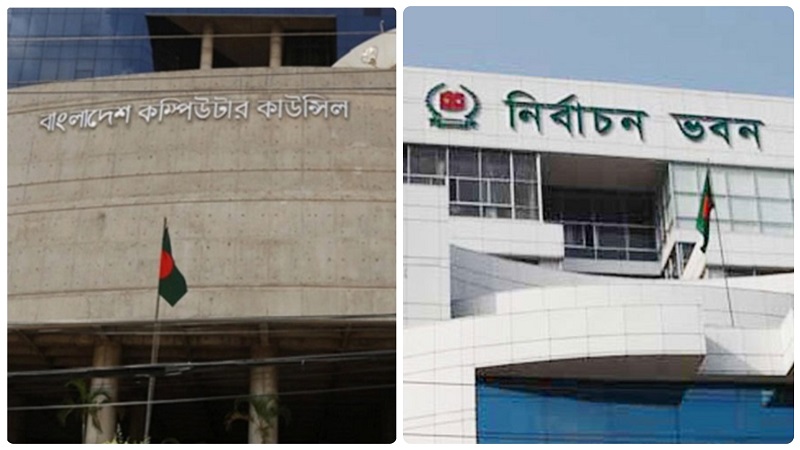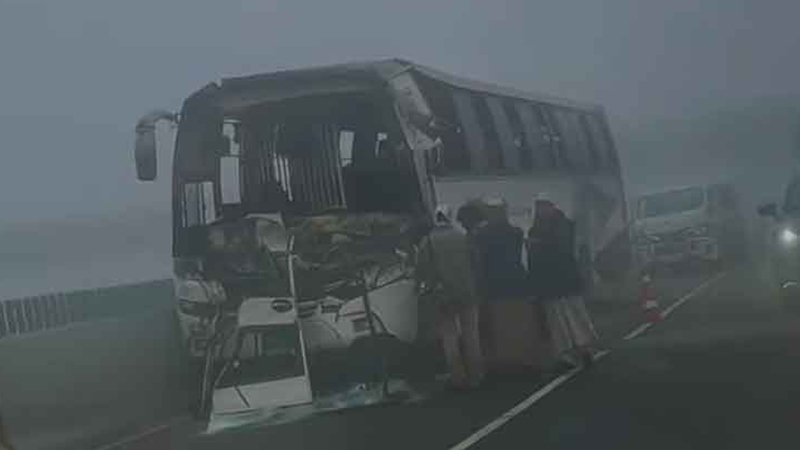The BBC is to axe 1,000 jobs and scrap some broadcast channels in traditional form as it prioritises digital and copes with a funding freeze, the British public service broadcaster said on Thursday.
Aiming to “build a digital-first public service media organisation”, the BBC said it would “change in step with the modern world, giving audiences the content they want... in the ways they want it”.
The network will create a single 24-hour television news channel serving the UK and abroad, absorbing BBC World.
Channels including children’s channel CBBC, BBC Four and Radio 4 Extra will stop traditional broadcasting, while “a number” of World Service language services will become digital only.
Director-General Tim Davie made a speech to BBC staff on Thursday in which he hailed “a fresh, new, global digital media organisation which has never been seen before. “We need to evolve faster and embrace the huge shifts in the market around us,” he told them.
The first phase of the changes, including job cuts, will save £500 million (585 million euros, $630 million) a year, £200 million of which will help offset the £285 million funding gap caused by the government earlier this year freezing the television licence fee.
“The BBC will also reinvest £300 million to drive a digital-first approach, through changes to content and output and additional commercial income,” a statement said. Further details are to be announced in the coming months, said BBC, which marks its centenary this year.


